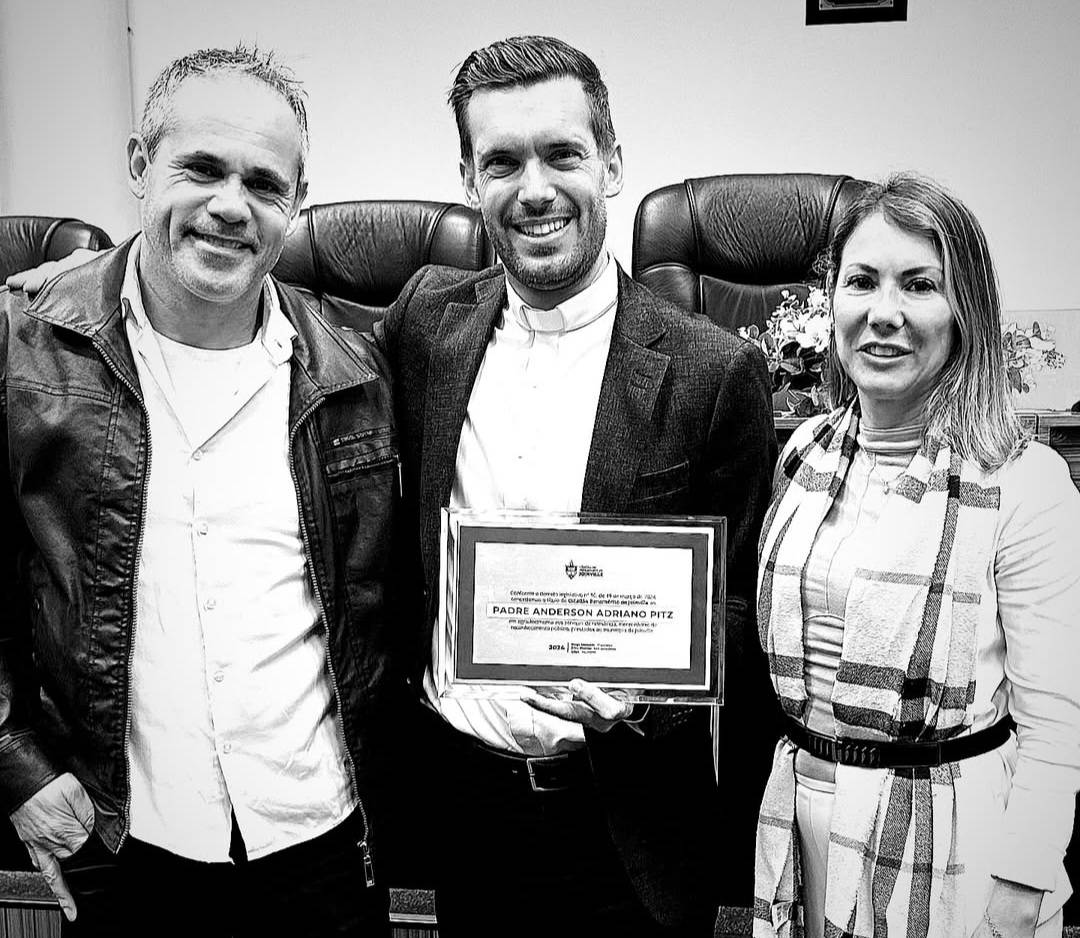MEXICO CITY — President Andrés Manuel López Obrador said Wednesday he does not support a proposal to further relax Mexico’s strict legal separation of church and state, throwing cold water on a bill that would upend longstanding political dogma in the country.
López Obrador said the initiative, presented last week by a senator from his leftist Morena party, is something that “should not be touched” and “was resolved over a century and a half ago.”
The proposal would modify the Law of Religious Associations and Public Worship to eliminate historic language enshrining the “separation of the State and churches.”
Among specific measures, it would reportedly allow religious groups greater access to all manner of media, including TV, radio and newspapers, relax regulations on church ownership of property, provide for cooperation between church and state on cultural and social development and allow “conscientious objections” to law on religious grounds.
It would let ecclesiastical authorities do spiritual work in government facilities such as hospitals, rehab centers and even military installations.
López Obrador’s party allies control both houses of Mexico’s Congress, and without the president’s support, it’s hard to imagine the bill winning approval.
The Mexican state long had an antagonistic relationship with the Catholic Church. Nineteenth-century reforms championed by López Obrador’s hero Benito Juarez reigned in religious domination of much of the nation’s life and the state actively persecuted the Roman Catholic Church in the early part of the 20th century, prompting a civil war known as the “Cristiada.”
Many of the tougher anti-clerical laws have been eased in modern times, particularly around the 1979 visit of Pope John Paul II, but separation of church and state remains firmly entrenched as a core political concept.
“I do not think that modifying this principle helps — on the contrary,” López Obrador said. “… I think everyone, the majority of Mexicans, agrees that the lay state should prevail, which the constitution establishes.”
The president said the lay state is not anti-religious, but rather guarantees the rights of believers and non-believers alike.
“‘Render unto God what is God’s and unto Caesar what is Caesar’s’” López Obrador said.
The office of Sen. Soledad Luévano Cantú, who proposed the initiative, did not immediately respond to a message seeking comment.
Crux is dedicated to smart, wired and independent reporting on the Vatican and worldwide Catholic Church. That kind of reporting doesn’t come cheap, and we need your support. You can help Crux by giving a small amount monthly, or with a onetime gift. Please remember, Crux is a for-profit organization, so contributions are not tax-deductible.

















